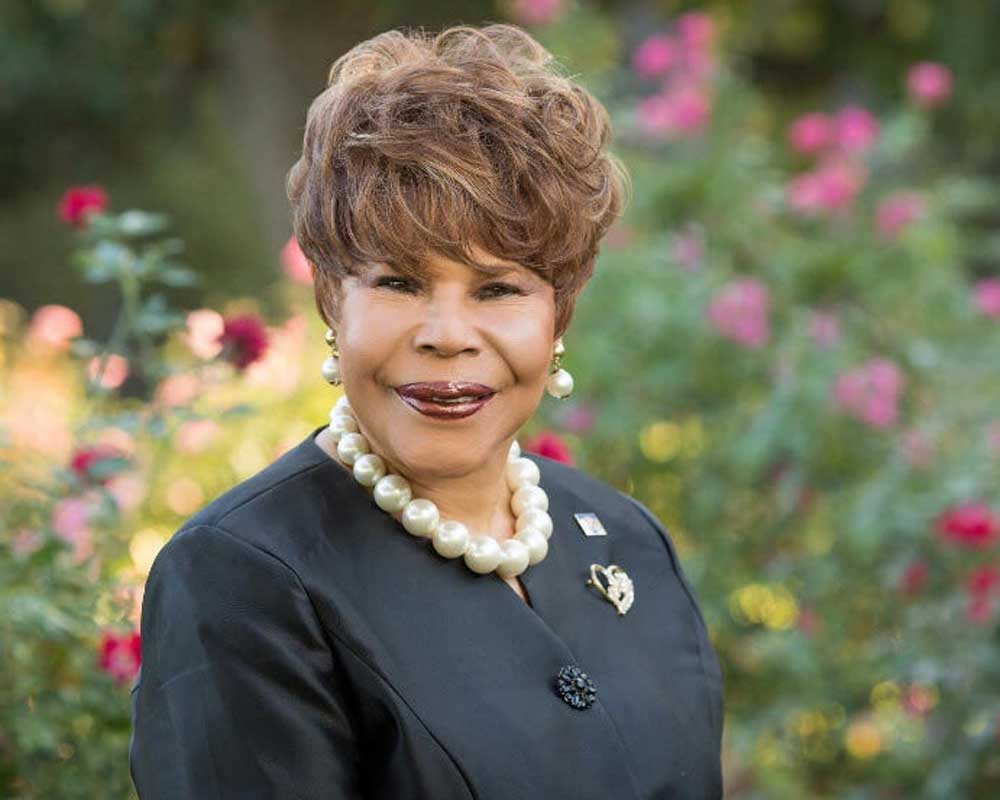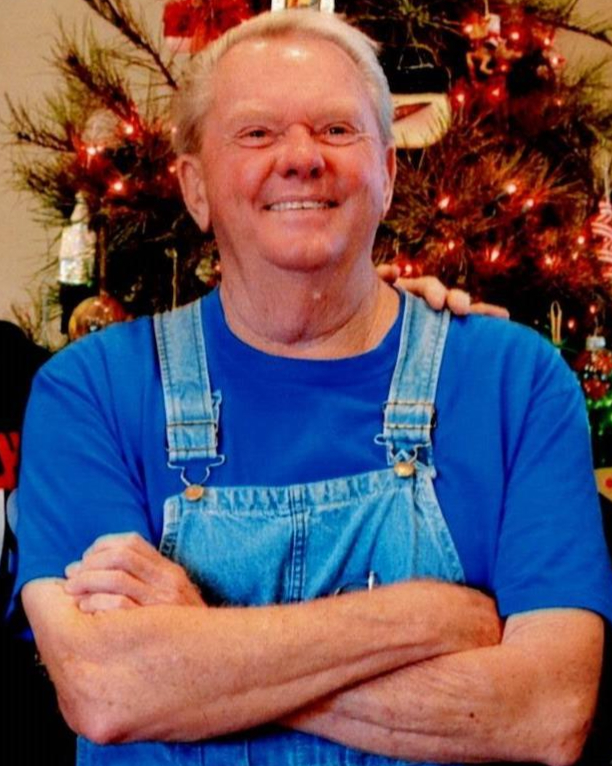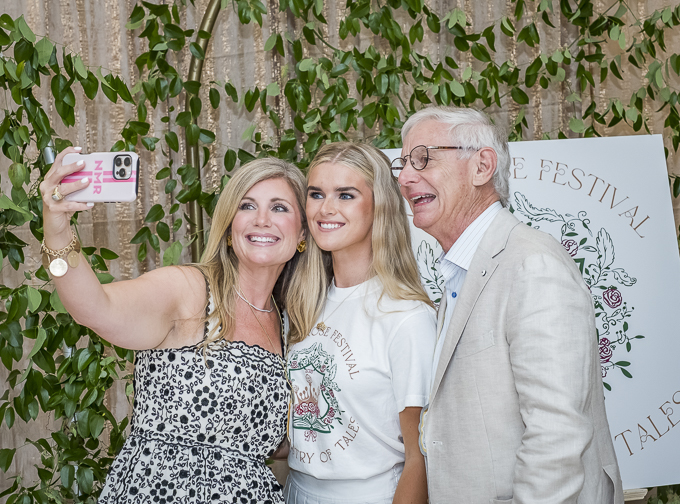Hair braiding law is a good first step
Published 7:08 pm Thursday, June 11, 2015
Gov. Greg Abbott has signed one of the most promising — if obscure — bills passed by the Legislature in the recently ended session. By signing House Bill 2717, which exempts African-American hair braiders from having to obtain a cosmetology license, the state has taken a good first step toward regulatory reform.
“Three decades into her career as a hair braider, Isis Brantley has struggled with lawsuits and regulatory hurdles,” the Texas Tribune reports. “Once, she was even arrested, she says. But on Monday she moved over to the right side of the law. Gov. Greg Abbott signed a bill lifting regulations on hair braiding in Texas. And Brantley was honored at the signing ceremony as a key reason for the change.”
Trending
She had to sue the state to practice her craft — and conduct her business — freely.
“Brantley has braided hair since the 1980s, and only uses her hands,” the Tribune explains. “She tried to open a salon in Dallas early in her career, but encountered all kinds of red tape. She told lawmakers this spring that she was arrested for operating without a license. She then spent years fighting the restrictions in court and in the Legislature. In 2007, she won a partial victory. The required number of training hours for braiders was cut from 1,500 to 35. But in 2013, she tried to start teaching braiding classes in her shop, and state regulators told her that she needed 2,250 of instruction space and a 2,000-square-foot facility — just like a barber school.”
She won her suit, but even more, she made her point.
State regulations needlessly stifle businesses and entrepreneurship in Texas.
“Texas is also one of only five states to license shampooers, requiring a worker to pay $128 in fees and to pass two exams in order to wash somebody’s hair,” notes the Institute for Justice, which represented Ms. Brantley. “In Texas, it takes just 33 days of training to earn a license as an emergency medical technician. But it takes substantially more to become a licensed massage therapist (117 days), manicurist (140), skin care specialist (175), cosmetologist (350) or barber (350).”
The Institute studied occupational licensing in 2012.
Trending
“An occupational license is, put simply, government permission to work in a particular field,” the study says. “To earn the license, an aspiring worker must clear various hurdles, such as earning a certain amount of education or training or passing an exam. In the 1950s, only one in 20 U.S. workers needed the government’s permission to pursue their chosen occupation. Today, that figure stands at almost one in three.”
Many low-income occupations require burdensome licenses — when they simply don’t need to. In his campaign for governor, Abbott called for reform.
“Some (licenses) are necessary for the health and safety of our citizens, like licensing medical doctors,” his platform read. “But many are unnecessary or overly burdensome. For example, why do we require a license to be an interior designer? Or a salvage vehicle dealer? Or a shampoo apprentice?”
On Monday, Abbott took a good first step toward reform.







